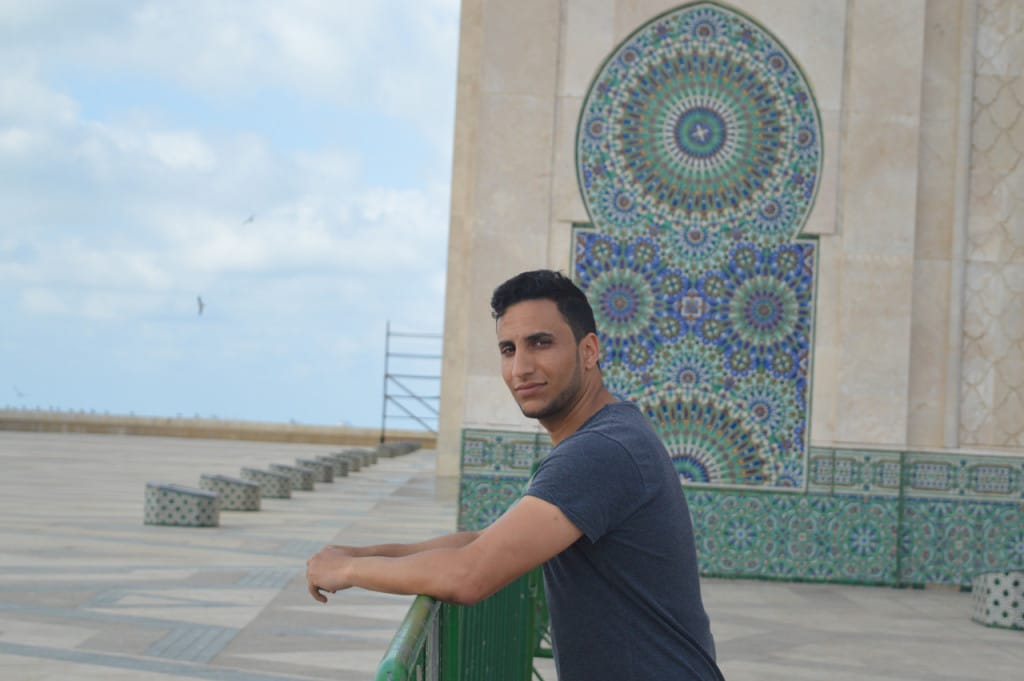[LUM#1] Travel-friendly skincare
Mobile dialysis centers to facilitate access to care: that's Anass El Hilal's idea. With his unique trucks that will soon be crisscrossing Morocco, this enterprising student and entrepreneur is venturing into the social and solidarity economy.

It all began during a trip to Morocco. Anass El Hilal was walking quietly down the street when an elderly woman suddenly fell ill: "She was suffering from kidney failure and was returning from her dialysis session, "he explains. This scene struck a chordwith the young Polytech engineering graduate: "I wondered how I could help people live better with kidney failure." This disease requires patients to undergo three dialysis sessions per week. This is particularly difficult in Morocco, "because people often live far from dialysis centers and the journeys are long and tiring."
Making life easier for dialysis patients
The young man then had an idea that could change the lives of patients: if they couldn't go to dialysis, then dialysis would come to them. To bring this project to fruition, Anass El Hilal returned to university, where he chose to study for a student entrepreneur diploma at Polytech, an innovative program that allowed him to benefit from the advice of university tutors and professionals. "Strategy, marketing, business model... This course taught me all the tricks of the trade that enabled me to launch my own business."
And that business is Medtrucks. The goal: to design trucks equipped with medical equipment that will serve as mobile dialysis centers. "Our goal is to provide healthcare professionals with innovative solutions, "explains Anass El Hilal. Innovative and hyperconnected, the truck will offer videoconferencing tools that will allow nurses to contact a nephrologist to discuss a patient's case if necessary. "The patients' medical records will also be transmitted remotely to a fixed dialysis center so that they can be consulted by the specialist," explains the young entrepreneur.
Medtrucks to travel across Morocco
First step of the project: mapping needs. "We need to know where patients who need our services live in order to determine the route for the dialysis trucks." How? Through social media. "Everyone in Morocco has a smartphone, so we ask people suffering from kidney failure to identify themselves, which will enable us to create an interactive map."
The next goal is to launch the first truck in early 2016. Medtrucks will initially cover the Tiznit region in the south of the country, which will serve as a pilot region, but Anass ultimately wants to deploy several trucks throughout Morocco, "then expand to other countries in the Maghreb... and why not the rest of Africa!"
Find UM podcasts now available on your favorite platform (Spotify, Deezer, Apple Podcasts, Amazon Music, etc.).